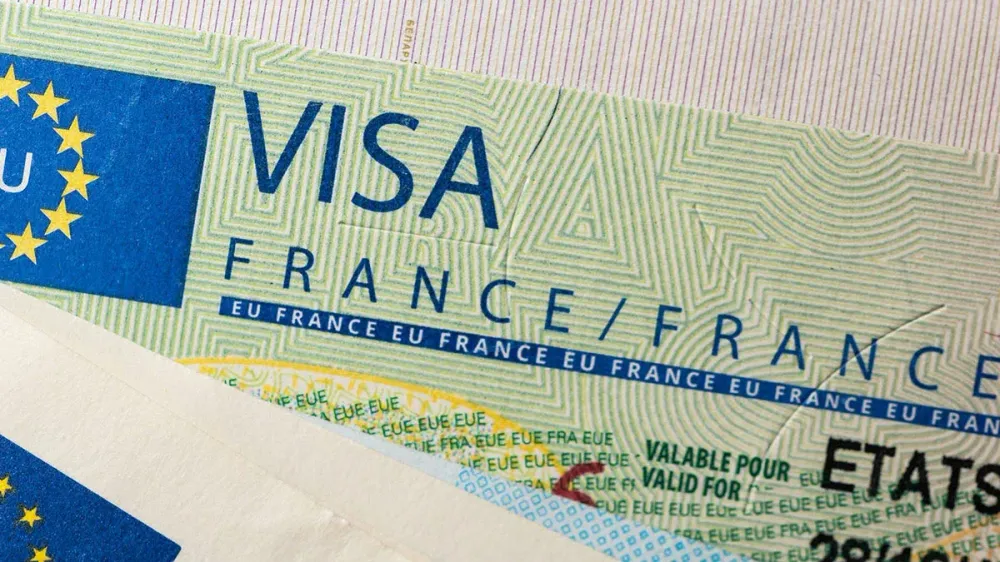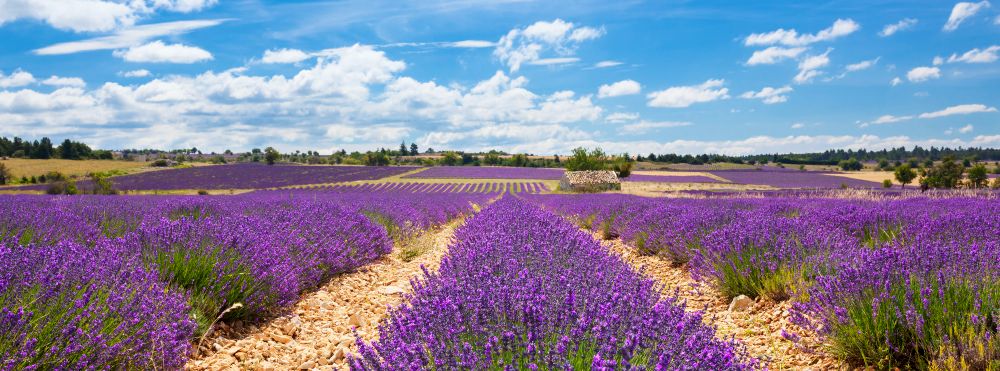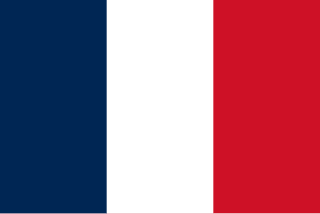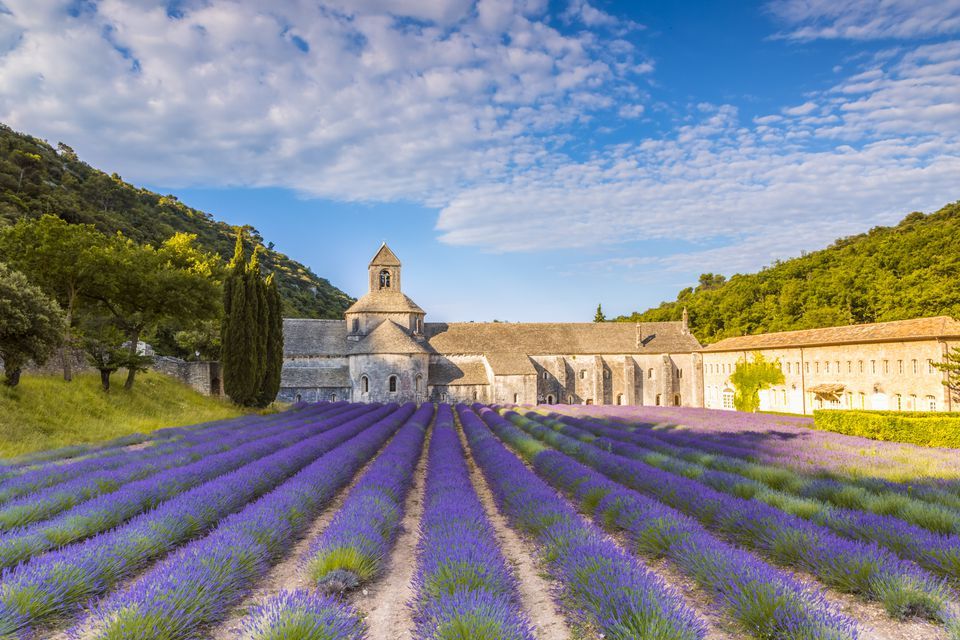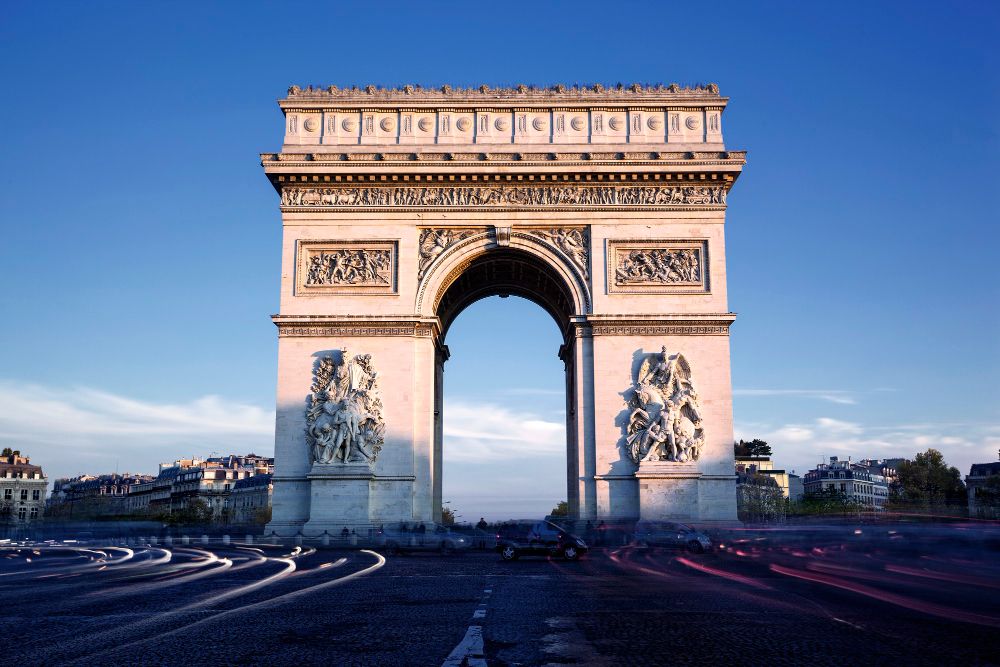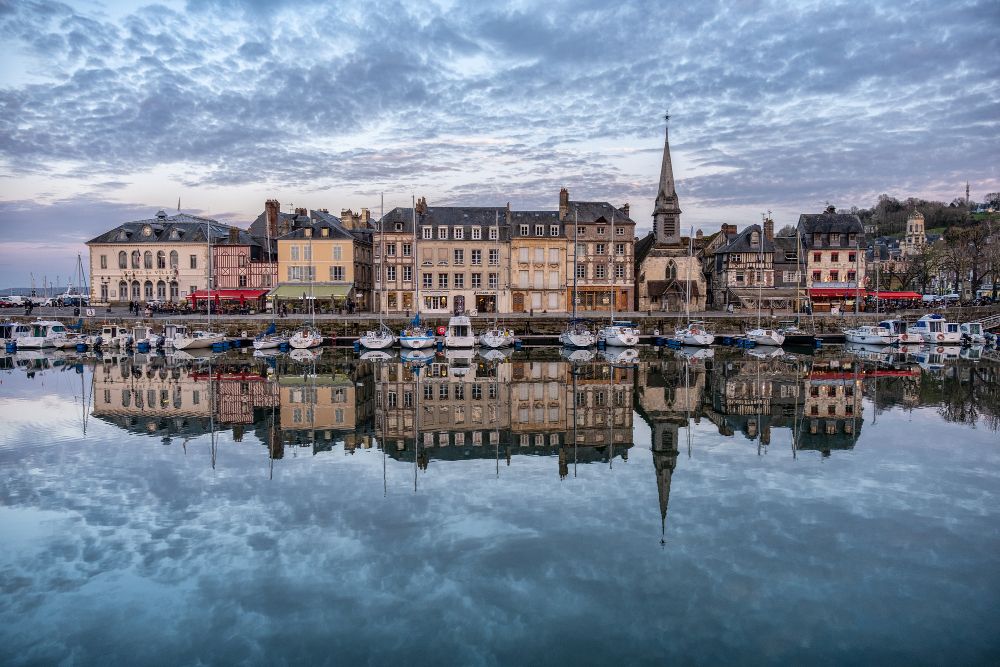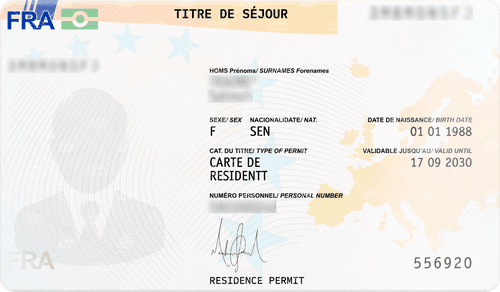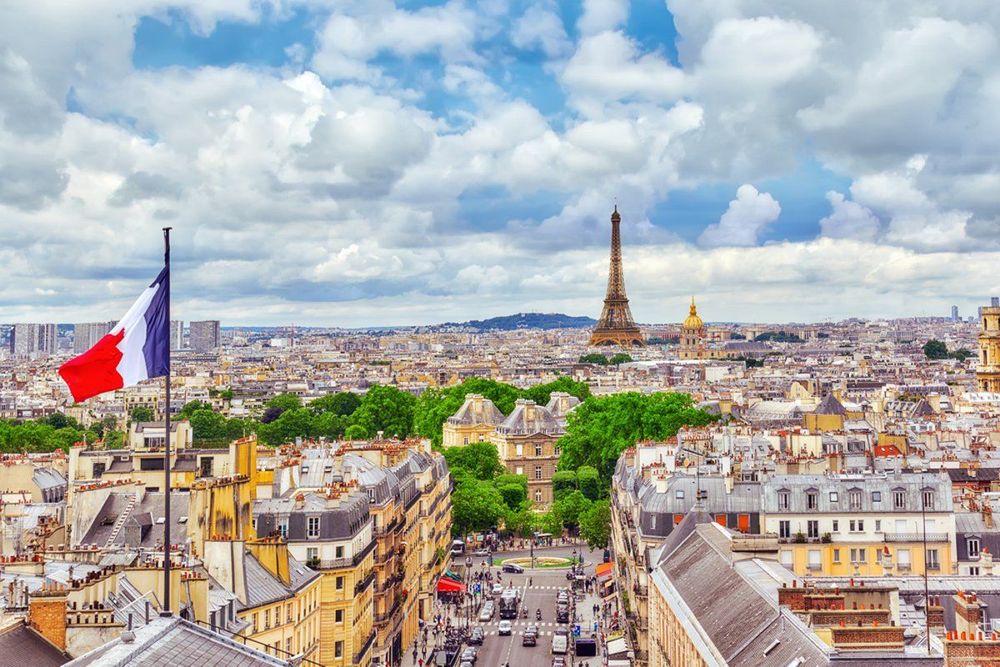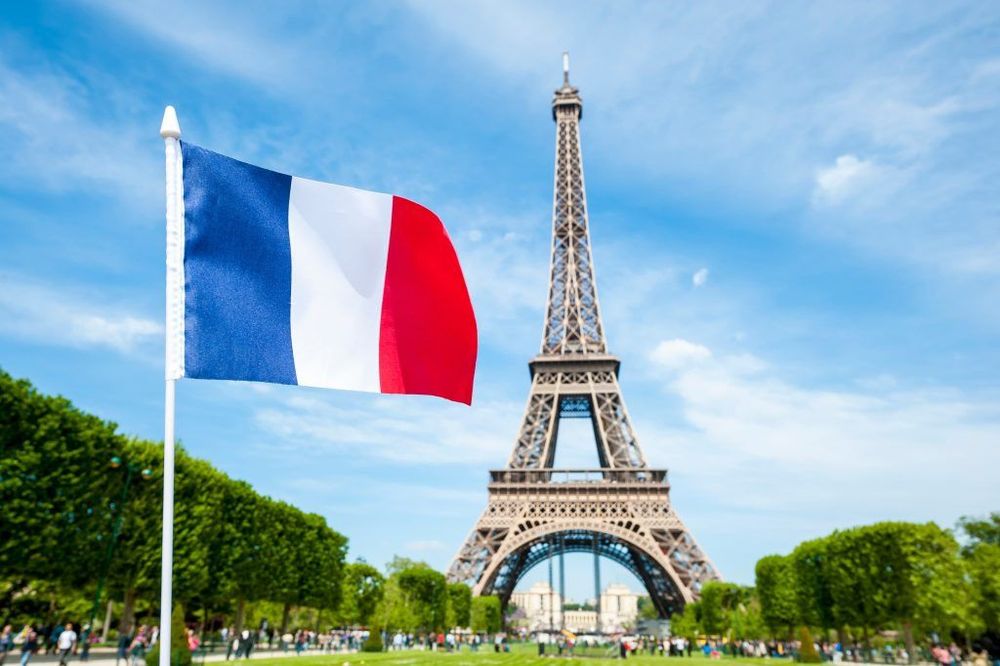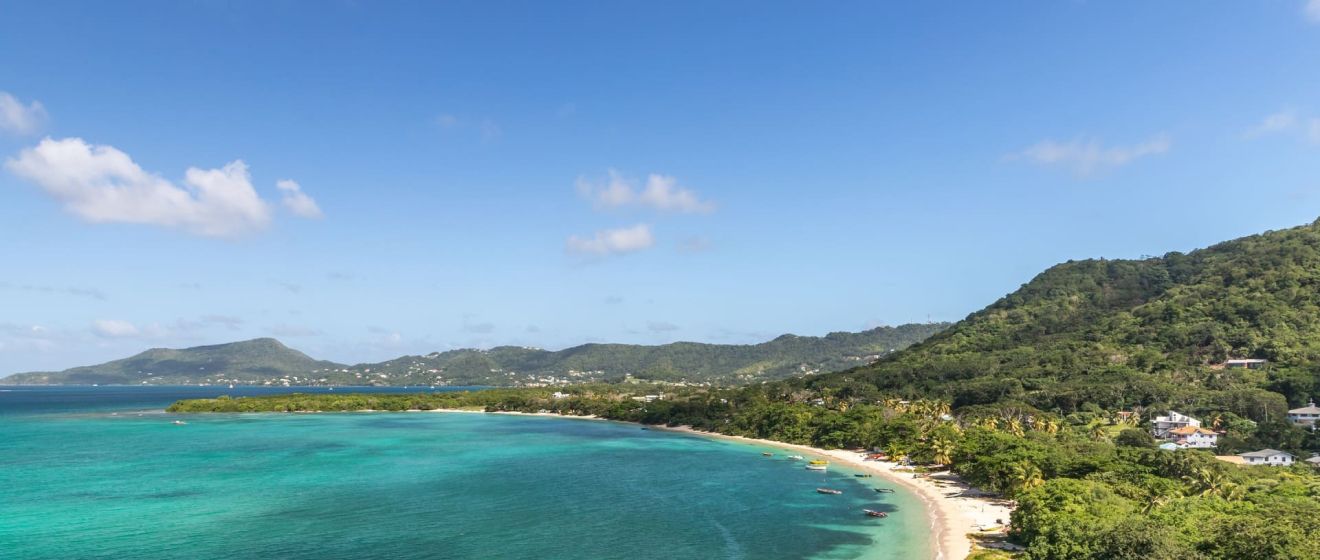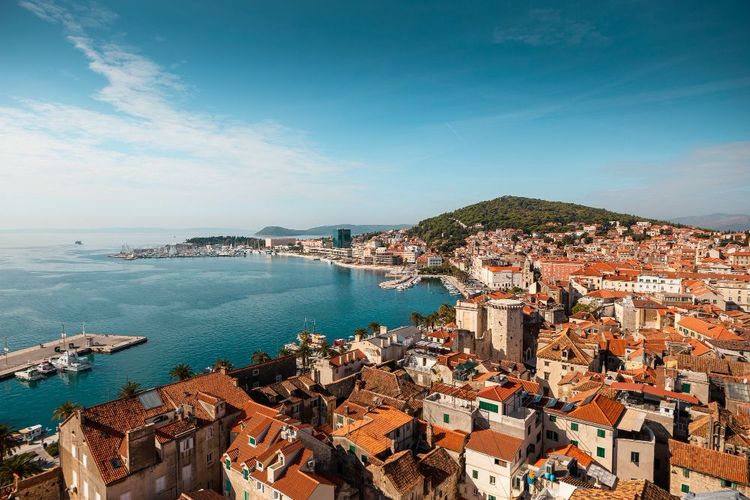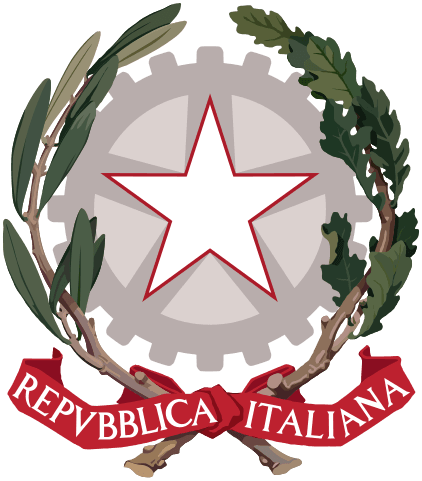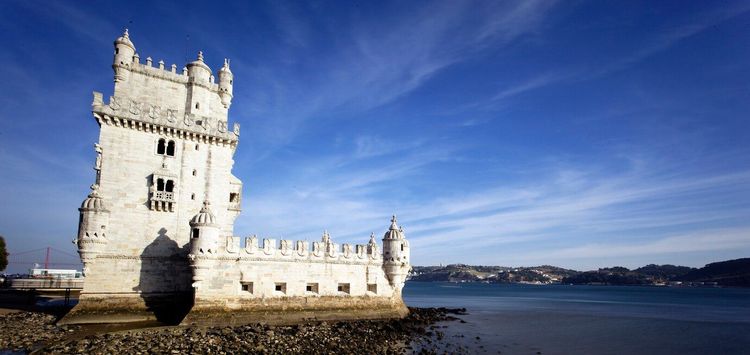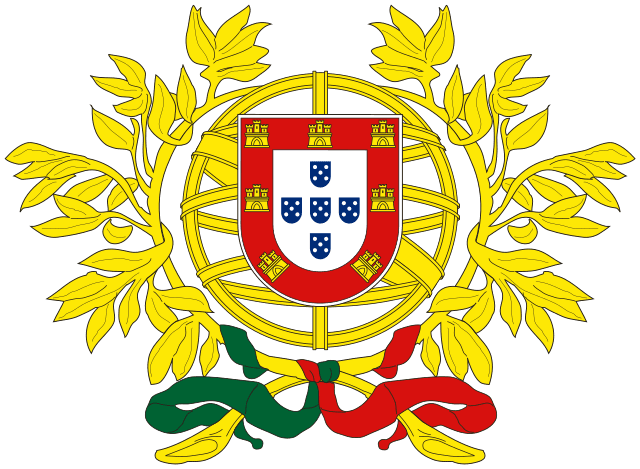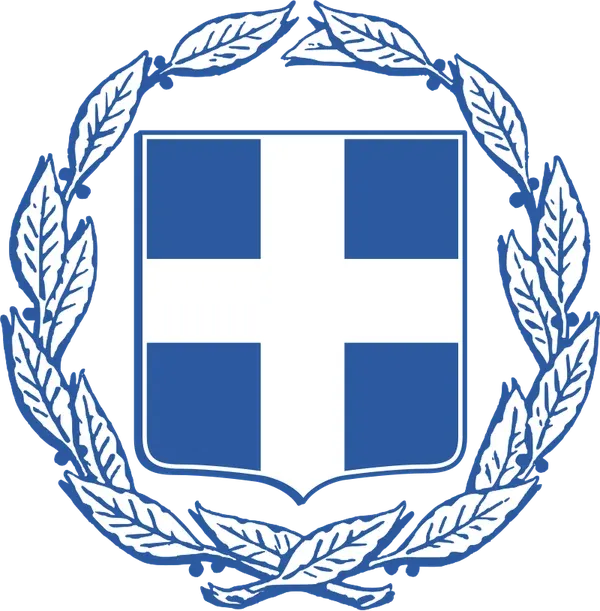France, officially the French Republic, is a transcontinental state that includes the main territory in Western Europe and a number of overseas regions and territories in different parts of the world. The motto of the Republic is known all over the world — "Freedom, Equality, Fraternity", its principle is the rule of the people, by the people and for the people.
The name of the country comes from the ethnonym of the ancient German tribe of the Franks.
France is known for its famous architectural monuments such as the Eiffel Tower, the Louvre, Notre Dame de Paris and others. In addition, France is the birthplace of many famous artists, writers and composers such as Monet, Renoir, Degas, Vigny and others.
French cuisine is also one of the most popular in the world, along with Italian and Chinese. It is thanks to the French that we know what croissants and baguette, confiture and quiche, cordon bleu and julienne are.
France is a member of the European Union and is located in the Eurozone. The country is a nuclear power, a member of NATO and one of the five permanent members of the UN Security Council. Since the 1950s, it has been one of the states participating in the creation of the European Union.
Most of France is located in Western Europe, the country borders Belgium, Luxembourg, Germany, Switzerland, Monaco, Italy, Spain, and the United Kingdom. France is washed by four bodies of water (the English Channel, the Atlantic Ocean, the North Sea and the Mediterranean Sea). The length of the sea borders is 5,500 km.
France is the largest country in Western Europe by territory: it occupies almost one fifth of the territory of the European Union, has extensive maritime spaces (a unique economic zone extends over an area of 11 ml. km.)
Also, the state includes the island of Corsica in the Mediterranean Sea and more than twenty overseas departments and dependent territories.
The total area of the country is 551,500 km2 (674,685 km2 together with overseas possessions). Accordingly, three types of climate can be distinguished: oceanic, Mediterranean and continental.
The French economy
France is the seventh largest economy in the world and the second largest market in Europe. The French economy has demonstrated amazing resilience during the COVID-19 pandemic and the 2022 energy crisis. Over the past two years, France has increased its competitiveness, improved business conditions and attracted a large number of foreign direct investment. The French presidential system makes it possible to clearly define priorities and quickly implement new measures. The implementation of large-scale reforms and the French labor market has allowed us to set bold goals in the field of industrial policy, which are now beginning to bring significant results. The country has adopted a national industrial policy providing subsidies to domestic companies through lower electricity prices, direct financial assistance and various tax incentives, and has actually launched a subsidy race to attract foreign investors and multinational companies.
Attractiveness issues are crucial for attracting new companies and international talent to France in order to develop industrial and research and development facilities and create jobs throughout the country.
France has a number of advantages that ensure its prestige in the world: access to a large and dynamic market, high-quality transport and communications infrastructure, a skilled and productive workforce, competitive energy prices, an efficient and affordable healthcare system, etc. All these advantages attract foreigners who come to France to invest, travel, study, live and develop their projects here.
